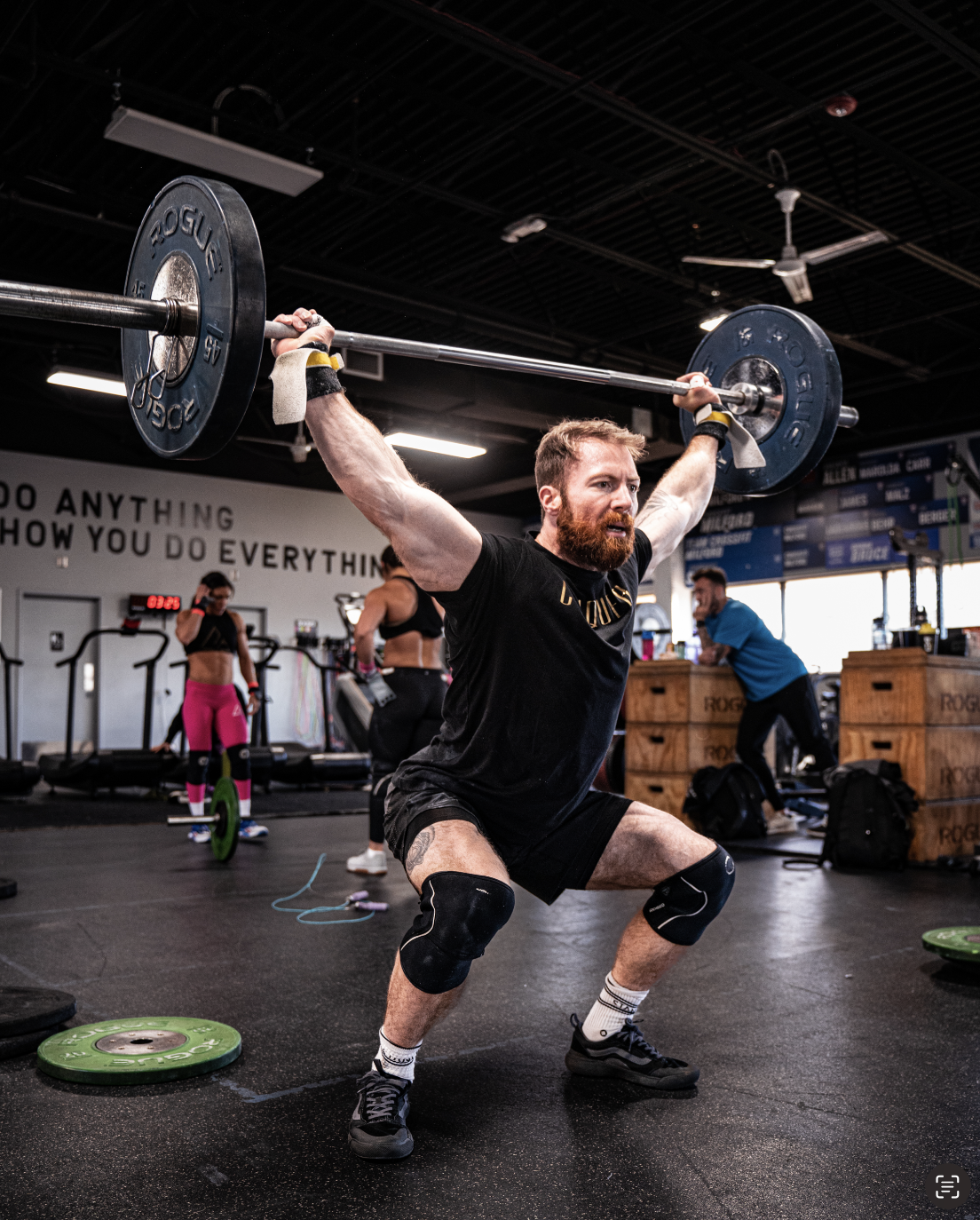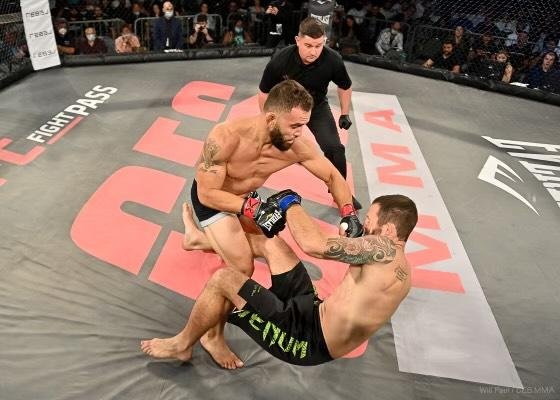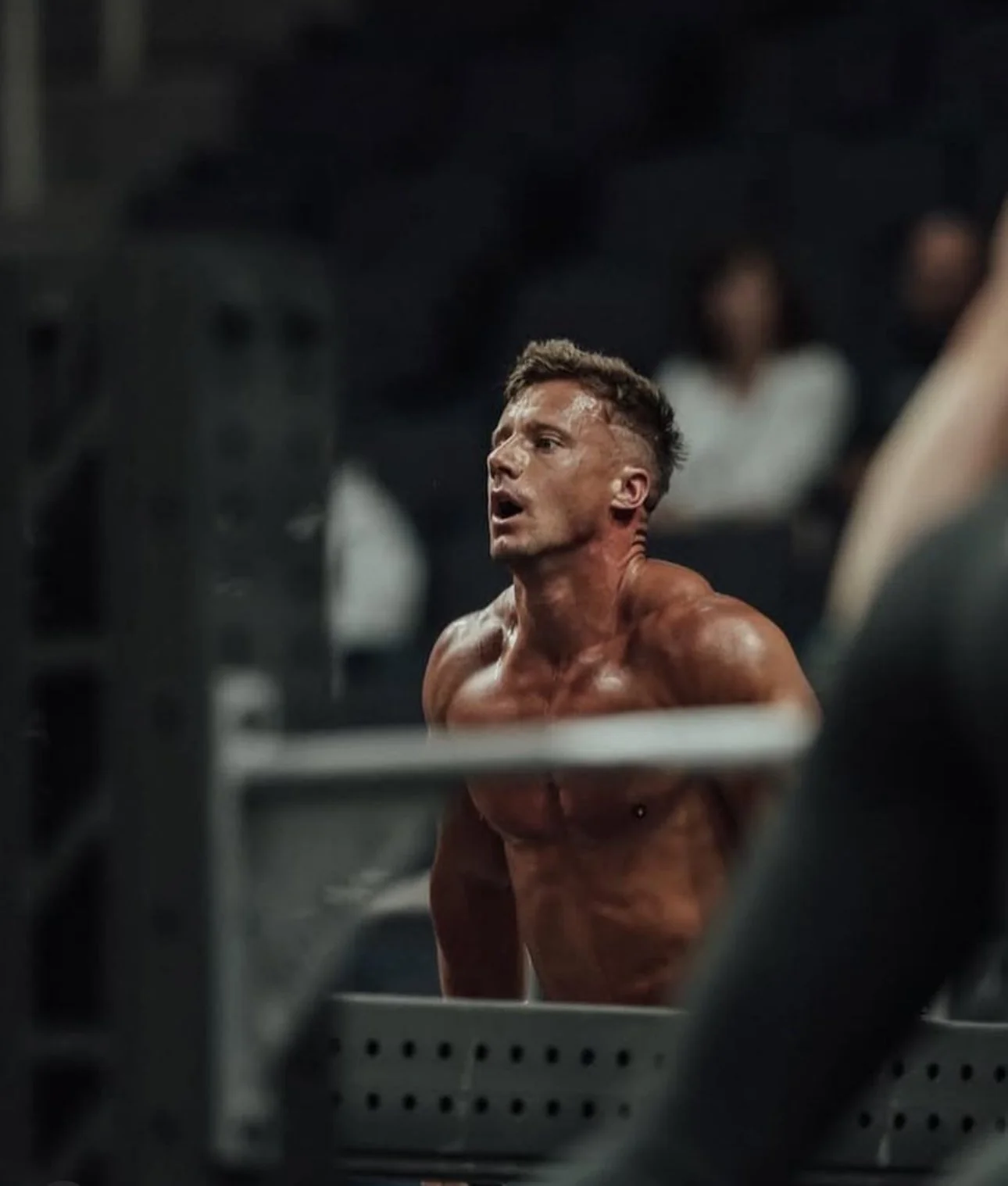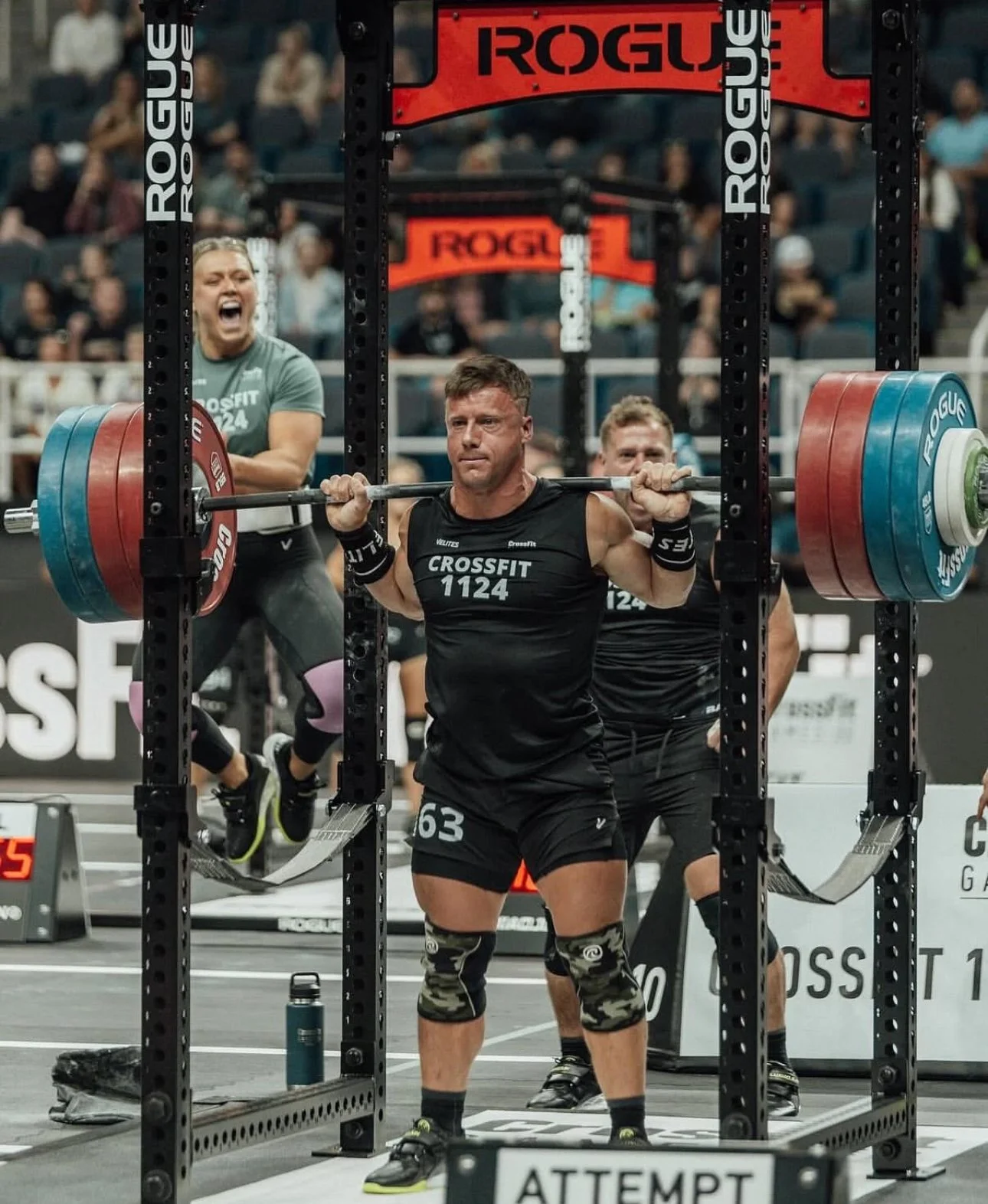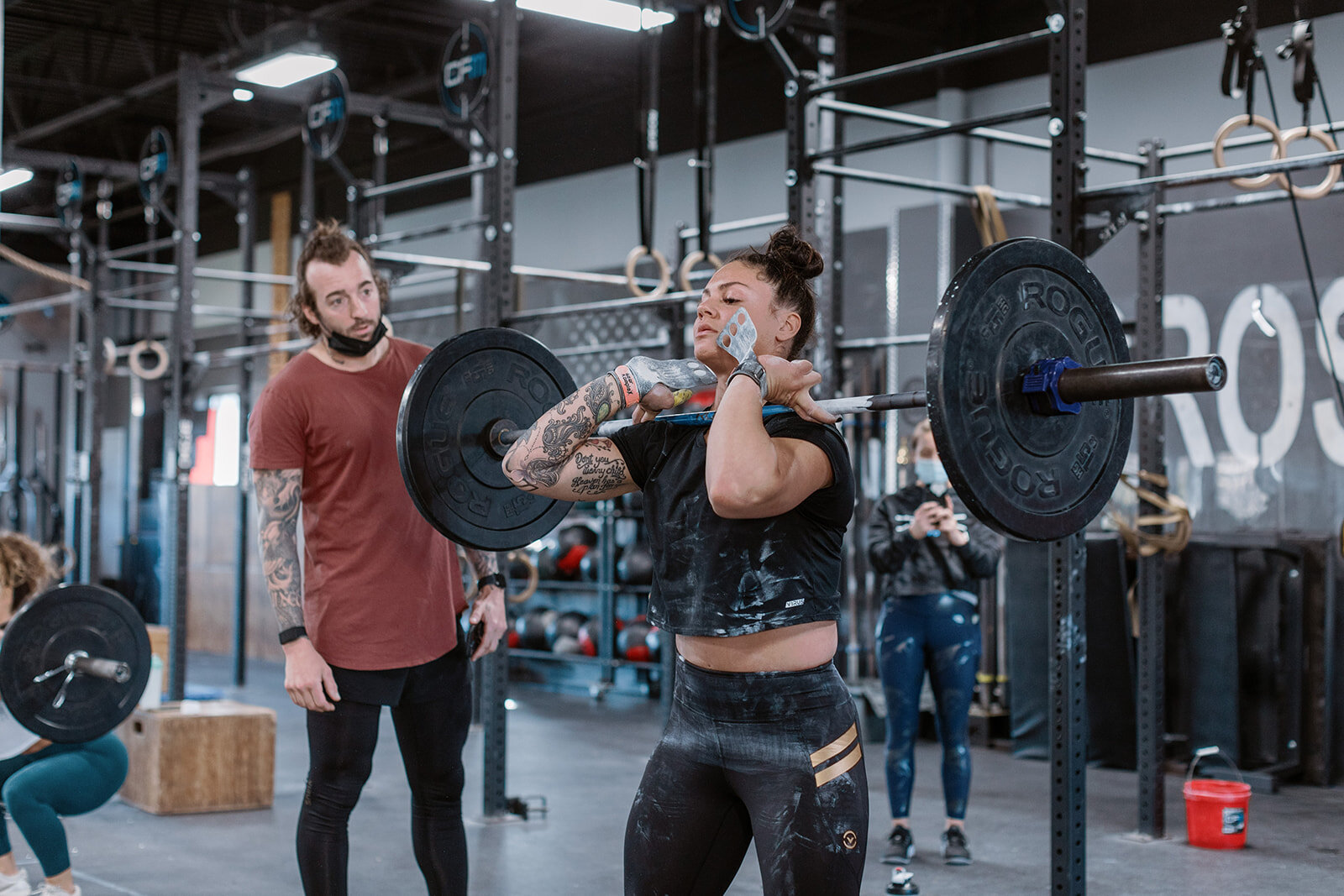
Conquer CrossFit Blog
Functional Fitness Tips, CrossFit News, & More
How to approach the CrossFit Open with A Champion’s Mindset
The CrossFit Open has a way of pulling you into the arena, whether you’re chasing a leaderboard spot, testing your fitness, or simply proving something to yourself. For masters athletes especially, the Open is more than three weeks of workouts. It’s a pressure cooker that exposes preparation, mindset, discipline, and identity. A champion’s mindset during the CrossFit Open doesn’t mean you need to win your age division. It means you show up like a competitor: clear, composed, and committed to executing your best when it counts.
Norwegian 4x4 for crossfit
In mixed-modal sports like CrossFit, everyone talks about strength and skills, but the real limiter for most athletes is their engine. When the loads are reasonable and the skills are well within your comfort zone, the athletes who win are usually the ones who can hold a higher pace for longer and repeat that effort with less drop-off. That capacity isn’t random, it’s a function of your energy systems, your VO₂max, and where your thresholds sit relative to that VO₂max. The Norwegian 4x4 method is one of the most effective, structured ways to push those qualities upward.
3 ways to train smart during a high intensity training block
When you’re in an intense training block for mixed-modal sports, the mission isn’t to prove how tough you are, it’s to stack weeks of productive work without burning out. At Conquer Athlete, we want your training to move the needle, not just drain the tank. That starts with three simple, but non-negotiable, principles.
5 steps to become a mental goliath 16 weeks out from your competition
Sixteen weeks out is where serious athletes separate themselves. The physical work matters, but from here on, your mindset becomes a performance variable you train, not a mood you hope for.
How to Set Yourself Up for Success in the Upcoming Fitness Season
The athletes who win next season don’t do everything—they do the right things, over and over. Most athletes get side-tracked: a spicy WOD pops up, a friend sends a new cycle, social media flexes a PR—and suddenly your plan becomes noise. Here’s how to stay locked in, build on last season, and attack your limiters without letting strengths fade.
Fostering a Growth Mindset: Your Competitive Edge
When it comes to competing at a high level, talent alone won’t carry you. What separates athletes who plateau from those who continue to improve is often mindset—specifically, a growth mindset. This is the belief that your abilities can be developed through effort, strategy, and feedback. Athletes with a growth mindset see challenges as opportunities, mistakes as lessons, and effort as the pathway to mastery.
Creating Buy-In: The Key to Athlete Adherence
One of the biggest challenges coaches face isn’t designing the perfect program—it’s getting athletes to actually follow it. You can have the most scientifically sound plan in the world, but if your athletes aren’t committed, it doesn’t matter. Buy-in is everything, and it’s the cornerstone of adherence and long-term progress.
Coaching the Mindset
Great programming falls flat if the athlete’s mindset is fragile. The job isn’t just writing sets and reps—it’s shaping how an athlete thinks, decides, and responds under stress. Below is a value-packed, coach-first guide you can plug straight into training this week.
Zone 2 vs HIIT for CrossFit & HYROX: What Actually Builds Your Chances?
If your goal is better results in mixed-modal sports like CrossFit and HYROX, both Zone 2 work and HIIT matter—just for different reasons.
Key Ways to Get Better at CrossFit: Proven Strategies for Performance
If you want to get better at CrossFit, it’s not about chasing trends or random WODs—it’s about strategic, consistent, and purposeful training. At Conquer Athlete, we help athletes build strength, skill, and endurance to reach measurable results.
Reset Your Mindset: Mental Training Tips for Masters Athletes in CrossFit
As Masters athletes, the challenge of pursuing new CrossFit goals isn’t just physical—it starts in the mind. Years of training, competition, and experience have built resilience, but old patterns and self-limiting beliefs can hold you back. Resetting your mindset is the key to unlocking higher levels of performance and achieving new milestones in CrossFit.
Why Champions Compete and Others Just Work Out
Most athletes think the gap between them and a champion is capacity. That’s partially true, but It’s also execution under pressure, the ability to deliver your plan when the room gets loud, the clock gets short, and the bar feels heavier than it did in training. Competition is just an amplifier; it turns your habits into headlines. Champions build habits that hold.
Here’s what they do differently, and how you can start doing it today.
Being a Better Coach
Coaches, let’s get clear: your job isn’t to worship a template—it’s to get results for the human in front of you. That means you don’t need to follow a traditional outline to the letter. You do need to understand the principles that make any method work. Principles are the operating system; methods are the apps. If you don’t know the OS, you’re just guessing which app will open the file.
Read more about the non-negotiables I expect every coach on my staff to know.
A letter to an aspiring CrossFit athlete
“Dear aspiring CrossFit Athlete, I remember my first time walking into a box—raw plywood walls, chalk in the air, and barbells rattling against the floor. I felt equal parts inspired and overwhelmed. Two decades later I’ve coached podium finishers, military operators, and weekend warriors, and one truth keeps surfacing: longevity beats flashes of brilliance every single time. The sport rewards consistency, humility, and deliberate progression. It punishes ego, impatience, and sloppy recovery. Consider this letter your roadmap for the seasons ahead.” Click to read more from Conquer Head Coach Jason Leydon.
How to Have Grit When You’re Competing
When the lights hit, the music spikes, and your heart rate is already sitting 15 beats above baseline before the clock even starts—grit is what keeps you together. Not talent. Not hype. Grit. The willingness to stay present, keep pushing with intent, and solve problems when your lungs, legs, and ego are screaming to bail.
This isn’t motivational fluff. Grit is a skill set: a cluster of behaviors and mindsets you train, rehearse, and execute under pressure. Here’s how to build it and call on it when it matters most.
The Conquer Athlete Guide to Faster Progress for CrossFit & Masters Athletes
Older athletes face lowered anabolic hormones, slower collagen repair, and higher baseline stress. They therefore need an even sharper focus on sleep hygiene, protein timing, mobility maintenance, and parasympathetic activation through practices such as breathwork or meditation. Proper recovery converts training from joint-grinding punishment into forward momentum and longevity.
Fueling for Performance – How to Optimize Your Nutrition as an Athlete
When it comes to athletic performance, training gets most of the spotlight—but make no mistake, your nutrition is the foundation that supports every rep, every sprint, every recovery. You can have the best training plan in the world, but if your fueling strategy is off, you're leaving performance on the table. Over the years of coaching elite CrossFit Games athletes, pros, and everyday competitors, one thing has remained constant: those who eat with purpose, perform with power.
Read more about the key points I emphasize when coaching athletes on how to optimize their food for performance.
What Sets High Performers Apart — 10 Traits I See Over and Over Again
In my 20+ years of coaching, I’ve worked with some of the most elite individuals across sport and life—CrossFit Games athletes, military special operations, professional athletes, and high-level business performers. I’ve also worked with everyday people who operate at an extremely high standard, and you start to notice something after a while:
High performers move differently—not just physically, but mentally, emotionally, and behaviorally.
It’s not about talent. Not genetics. Not even just work ethic. It’s about character. The traits that are ingrained deep in their DNA—traits that show up when it’s hard, when no one is watching, and when the stakes are high.
Here are the 10 character traits I see time and time again in high performers.
Coaching With Intention
There’s a big difference between working out and training. I say this often, and I’ll say it again: a workout without purpose is just sweat. But a training session—when executed with clear intention and thoughtful design—is a step forward toward your goals.
At Conquer Athlete, we believe the magic of progress doesn’t lie in fancy programming or random intensity. It lives at the intersection of athlete understanding and coach precision.
Thriving in CrossFit and HYROX As A Masters Athlete
When your numbers refuse to budge, it isn’t willpower you’re missing—it’s a new stimulus. Strength plateaus happen because your nervous system has milked every drop of adaptation from the straight-set routine you keep repeating. Below are three evidence-backed ways to jolt progress back to life.Walk into any box on a Saturday morning and you’ll see it: a row of athletes who have mortgages, kids’ soccer games, and maybe a little gray at the temples—but they’re still hunting PRs like it’s 2009. I love coaching this crowd because they bring two priceless assets to the floor: life experience and a deep respect for smart preparation. Neither sport—whether it’s the chaos of CrossFit or the predictability of HYROX—makes concessions for age, so our programming can’t rely on shortcuts or nostalgia. We need training that honors physiology and ambition.

